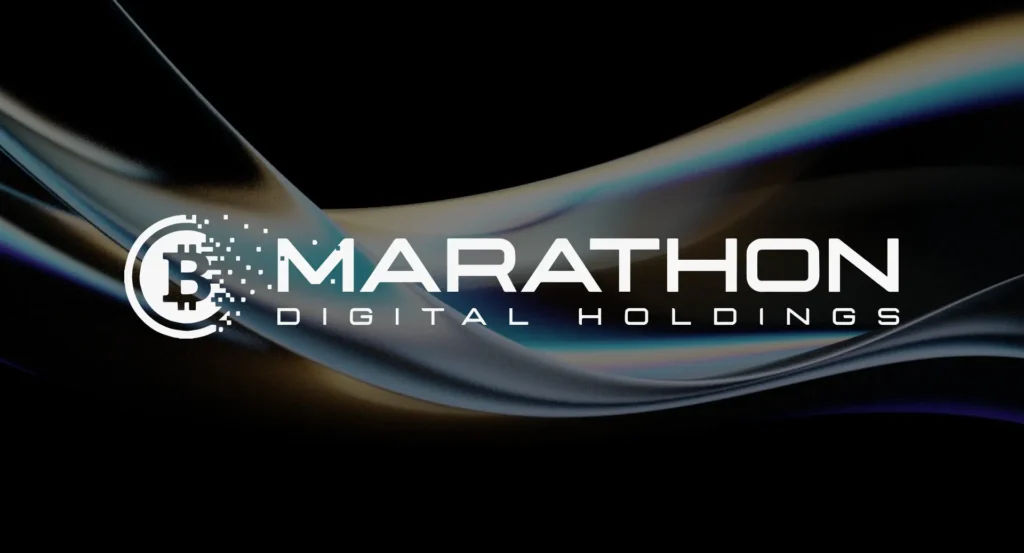Mining firm Marathon Digital has sold over 60% of all Bitcoin (BTC) it has mined since the halving took place in late April.

Marathon’s monthly report indicates that it sold 390 Bitcoin BTC in May, which accounts for over 63% of its 616 BTC production volume for the month. Marathon’s balance sheet contained $290.4 million in cash and cash equivalents as of the conclusion of May.
In comparison to the figures of other producers, the substantial volume of BTC sales in May was noteworthy. For example, Riot Platforms did not report any BTC transactions in May, even though production amounted to 215 BTC. In the meantime, CleanSpark generated 417 BTC last month, but it only sold a minor portion of 2.43 BTC.

Miners are modifying their operations in response to the most recent Bitcoin halving, which results in a 50% reduction in the rewards for mining BTC every 210,000 blocks, or approximately every four years. The most recent halving occurred on April 20, which decreased miners’ rewards from 6.25 BTC to 3.125 BTC per mined block.
“In May, we mitigated the impact of the April Halving event by increasing the number of blocks won, resulting in the production of 616 Bitcoin, a decline of only 27%,” stated Fred Thiel, the chairman and CEO of Marathon Digital. Marathon secured 170 plots in May 2024, representing a 32% increase from April.
Bitcoin miners aim to enhance efficiency and expand their fleets to maintain competitiveness amid declining rewards. For instance, CleanSpark is “extremely active in the M&A sector.” The company anticipates that it will conclude the acquisition of its Wyoming locations in the upcoming weeks while simultaneously pursuing “additional opportunities.”
On the other hand, Marathon is investigating the possibility of expanding its operations abroad. The company has recently announced a partnership with the Ministry of Energy and Petroleum Republic of Kenya to enhance renewable energy initiatives throughout the nation.
An additional initiative involves an experimental project in Paraguay designed to improve the country’s energy infrastructure. Thiel stated, “Our objective is to generate 50% of our revenue from international sources by 2028.”
Bitcoin processors can contribute to optimizing energy infrastructure by serving as flexible loads that stabilize the grid. They can rapidly adjust their energy consumption in response to grid demands, absorbing excess renewable energy when the supply is high and reducing consumption during peak load periods.
